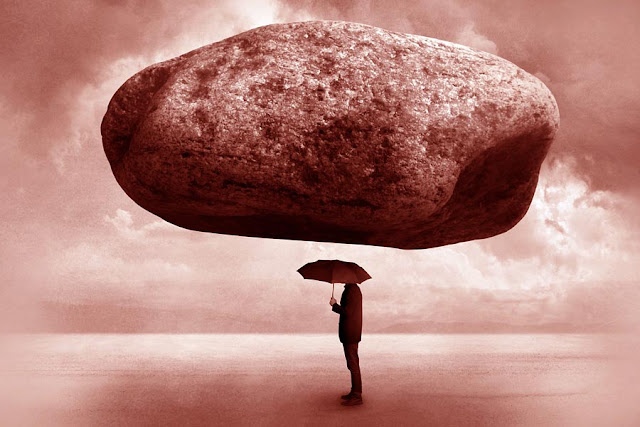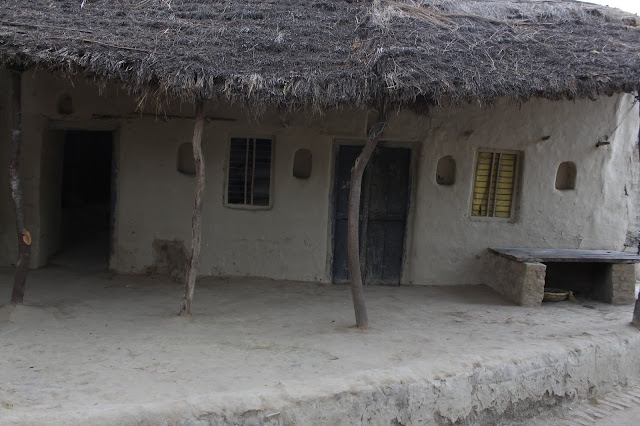Reflections from Inner Dimensions of Climate Change

Recently I was part of a gathering called ‘Inner Dimensions of Climate Change’ with about 55 other people, healers, climate activists, community builders, practitioners from at least 30 countries. To my mind, its difficult to put them under any label - rather an intuitive sense brought us all together. It was the culmination of almost 4 years of work of Global Peace Initiative of Women and Dharma Drum Mountain Buddhist Association. Here’s what struck me: Making the spirit, conscious - For long, I have felt it and for long the spiritual has guided my being and actions - however it acted like a side eye. In the process of this gathering, I was exposed to spiritual fields of other beings and gently I sensed the spiritual to be the central core of my life. All my pursuits, I am beginning to see are to rise higher or go deeper into this spiritual journey. I am beginning to come to realise that while action of any form is very important, the spiritual / inner space from where it...











